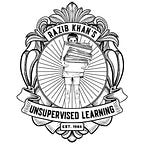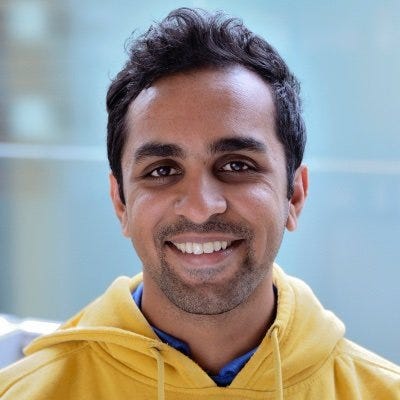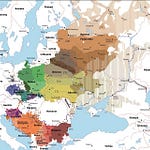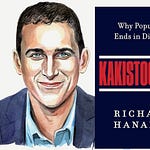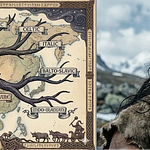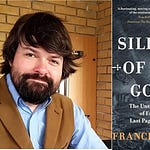In anticipation of releasing new podcasts in 2021, including with Armand Leroi and Alina Chan, I am reposting some of my favorite conversations of the past few years in the last week of 2020. I'm going to count down to the new year here by re-releasing a favorite past episode from the archives of my other podcast homes each day until 2021. Hope you'll discover a memorable voice or two you might have missed before.
Vagheesh Narasimhan is an assistant professor at the University of Texas in Austin. I am honored to count Vagheesh as a friend. But even before we got to know each other I was shouting about his research because his work has been some of the most impactful in the area of human evolutionary genomics over the past few years. His 2019 paper, The Formation of Human Populations in South and Central Asia is the first and last word on the ancient population-genetic history of a region that is home to 25% of the world’s population.
Recording in September of 2019 Vagheesh and I spent about an hour and a half discussing the implications of the results in his seminal 2019 paper, and future directions in his research. If you want to understand the genetic history of South Asia, this podcast will get you off to an excellent start.
Also, if you were too busy over the holidays, my series of five quick pieces from this holiday season:
The Age of Genetic Engineering Begins
One reason I shared this sampler of my writing was to leave those considering a subscription plenty of time to grab one at Substack’s lowest rates before I adjust the pricing upward in the new year.

